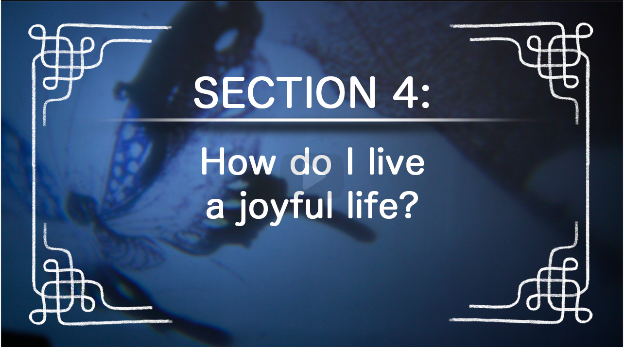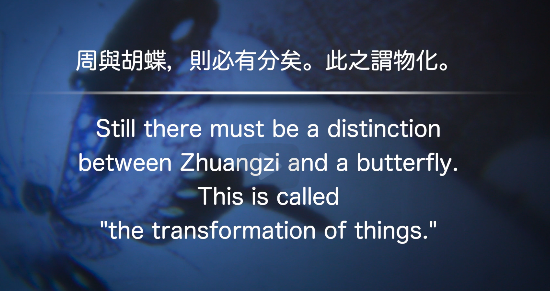In-Depth Course Review: Harvard’s Path to Happiness
This course brings voices from the past into modern contexts to explore the path to a good life today.
Course: The Path to Happiness: What Chinese Philosophy Teaches us about the Good Life
Length: 13 weeks, 1-2 hrs/wk
School/platform: Harvard/edX
Instructor: Michael Puett
Quote:
“Today, finding happiness is about mindfulness and discovering your true self. You may have heard that happiness is found by looking within. Ancient Chinese philosophy challenges all of these modern assumptions. From Confucianism to Daoism, the philosophies developed over two thousand years ago are among the most powerful in human history.
This course brings voices from the past into modern contexts to explore the path to a good life today. The philosophical concepts discussed provide tools to change your life and increase personal happiness by focusing on your actions, the power of ritual, and the importance of sensing the world around you.”
The world is full of wonders, and one of them is that just as I, determined anti-self-helpist, started reading a self-help-disguised-as-American-philosophy book about William James, Class Central tweeted about a self-help-disguised-as-Chinese-philosophy mooc. I couldn’t let a Chinese philosophy mooc pass me by, self-help or no. Especially when the instructor is Michael Puett.
I first discovered Michael Puett through Harvard’s ChinaX series when I took the first few parts of it about four years ago. I’m not sure what it is that makes him such a wonderful speaker: he’s not dynamic, or funny, or even particularly attractive (hey, we all go there sometimes), at least in ways we usually think of in terms of great speakers. But I sometimes just look for videos on youtube where he’s explaining something, even something I don’t understand (Chinese history, rather than philosophy, is his academic area, though the two aren’t all that separable). In this particular course, he has a somewhat Mr. Rogers vibe, and it’s mesmerizing. And soothing. ASMR for philosophy geeks.
And of course it’s even better that he’s talking about Confucius. And Mencius. And Zhuangzi. And Mozi and Laozi and Xunzi and Hanfeizi and how they all relate to one another, how they’ve all developed ways of going through life.
Only a very narrow slice of the scholars’ works is under discussion. There are other courses go into broader and deeper views, but the point here is to present one aspect of a philosopher’s work that can be turned into thought or action for contemporary day-to-day living. I think it would play just fine for those without any prior exposure to Chinese thought, and as someone who’s had some prior exposure to the basics of Chinese thought, I liked it as a quick review of the high points. The lectures seemed a bit repetitive, but for someone encountering the material for the first time, I suspect that would be a plus.
The time estimation of 13 weeks seems wildly excessive to me, but that’s fine, I suppose you could stretch it out; I went through it in about a week, doing maybe 90 minutes a day (hey, I like this stuff). The graded parts of the course – quizzes after each lecture – are unavailable to audit students; the Verified track costs $99. But in a course like this, grades aren’t really the point.
I went through it in about a week, doing maybe 90 minutes a day (hey, I like this stuff).
The self-help aspect of the course is actually quite useful as a pedagogical tool: a Self-Reflection diary follows each video segment and stores the student’s input as a PDF that can be downloaded complete at the end of the course. It starts from the beginning – what habits do you have? – and shows up after each lecture video. What patterns do you notice in others close to you? What can you identify in your life that could become a ritual space? What activities would you like to do spontaneously? These questions stem from the content of the lecture (habits, patterns, ritual spaces, spontaneity) and help emphasize the meanings of those terms in the context of the philosopher under discussion. For example, the dinner table or a business meeting can become a ritual space; playing a musical instrument or a sport can, after a lot of focused practice, become spontaneous. So it, too, serves as reinforcement for the particular vocabulary.
Whether you want to take the life advice or just learn something about Chinese philosophy, it’s an informative and pleasant way to do it. And soothing.
This review was first published at A Just Recompense.









